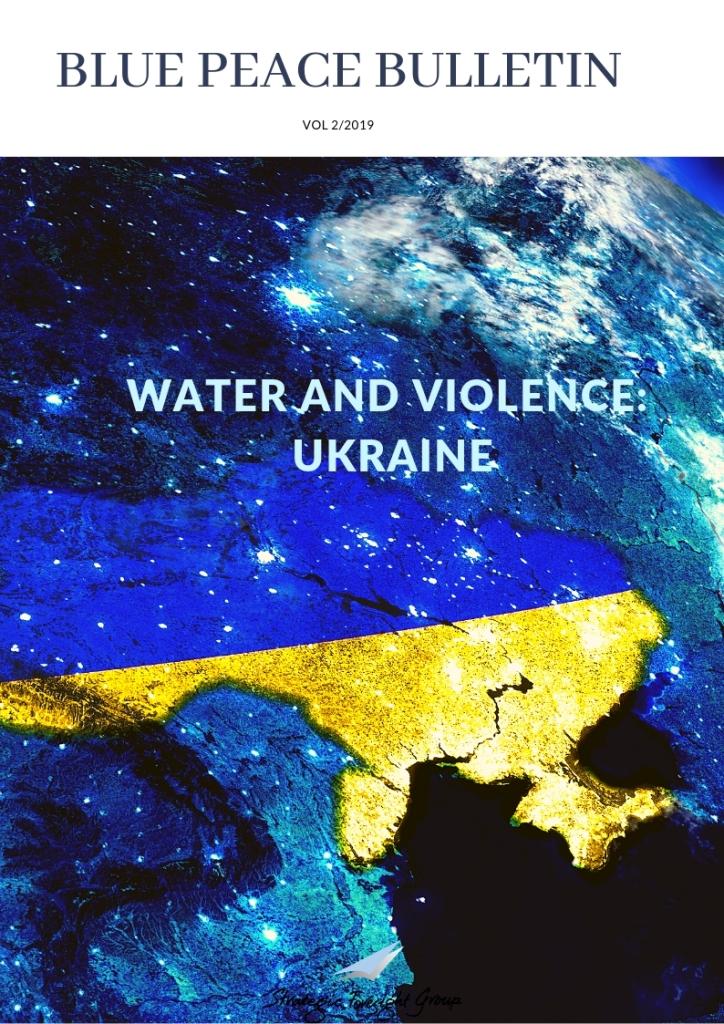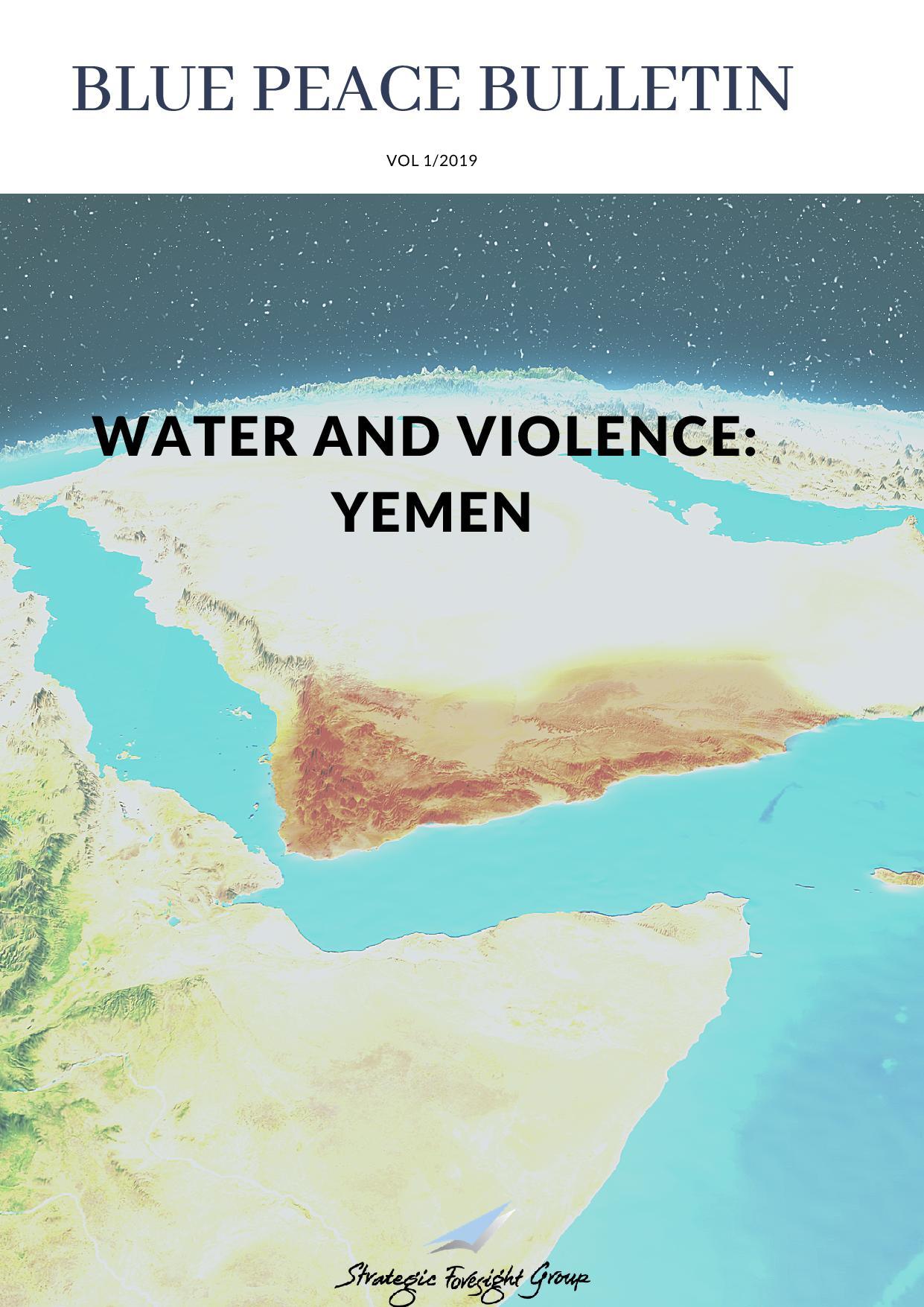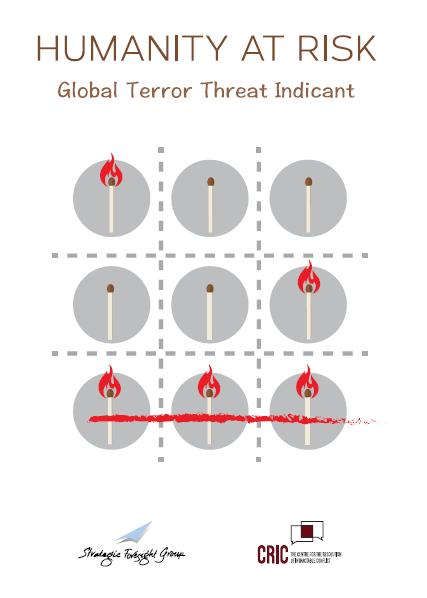A Retreat of Colour
|
|
April, 2009
By
|
Russia is standing at the precipice of an opportunity to regain its geopolitical influence in the eastern European neighbourhood. The conditions are just right: anti-government protests are on in Georgia and Moldova; Ukraine�€™s most powerful leaders, former allies, are now dueling with each other for power; and the US is interested in seeking Russia�€™s help for NATO operations in Afghanistan.
Over the last few years, Russia had lost some of its footing in the erstwhile Soviet nations as a result of the pro-democracy revolutions that have taken place there. Since these post-communist society movements all adopted a specific colour or flower as their symbol, they were known as colour revolutions, like the Rose Revolution of Georgia in 2003 and the Orange revolution of Ukraine in 2005. These revolutions instituted mostly pro-western leaders in power, who were opposed to Russia.
Meanwhile, NATO�€™s aggressive policy in Europe, including talks about installation of missile defence systems in Poland and the Czech Republic, were adding up to be a huge threat to the Russian sphere of influence.
But US President Obama�€™s meeting with the Russian President Medvedev in London during the G-20 Summit earlier this year made it clear to everyone that the new US administration aims to change the direction of US foreign policy towards Russia. The Americans, at present, are more interested in getting Russian cooperation for NATO troops in Afghanistan rather than following the policy of NATO expansion that had been the norm for the previous US administration. Along with the conditions in countries like Moldova, Georgia and Ukraine, this adds up to an opportunity Russia might find hard to resist.
The Twitter Revolution: Moldova is an ex-Soviet country, landlocked between Romania and Ukraine; it is also the poorest country in Europe. It sits on a rift line between Russia and the West. While the country shares its cultural heritage with the EU-member and neighbour Romania, it is still heavily dependent upon Russia economically. Moldova aspires to an EU membership and has even briefly contemplated joining the NATO; but, it cannot afford to antagonize Russia. Other than the influence Russia wields on Moldova�€™s economy, the Russian support to the disputed Moldovan territory of Transdniester has only increased Russia�€™s importance in Moldova�€™s politics.
The violent anti-government protests that took place in Moldova in early April got the world�€™s attention. Organized by the opposition parties through social networking websites like Twitter, after the results of the April 5th general elections were announced, these protests raised the speculation that this could be another colour revolution that might oust Moldova�€™s Communist government. The Moldovan government accused Romania of inciting the anti-government violence; the situation quickly became tense between the two neighbours. And while the EU and the US refrained from taking any action other than calling for restraint in the situation, Russia was quick to support the Moldovan government�€™s allegations against Romania.
The post-election protests, it appears, are not another colour revolution in the making; they were spontaneous in nature. Nevertheless, they gave Russia a chance to show its support for the Moldovan government. This act of Russia might go a long way in helping Moldova choose its allegiance between the west and Russia.
The Georgian Example: The case of Georgia is very different from that of Moldova. Georgian President Mikheil Saakashvili is a pro-Western leader who came to power in 2003 after the Rose Revolution. Georgia wants EU membership and has also been invited to join the NATO. Georgia, an ex-Soviet nation, is all set to hold NATO military exercises beginning from May this year, a fact that has angered Russia. Russia sees this as an undermining of its sphere of influence.
Georgia also saw anti-government protests in early April. The unified opposition called for the resignation of President Mikheil Saakashvili. Along with other political and economic grievances, the main complaint against Saakashvili was the way in which he handled Georgia�€™s war with Russia over the pro-Moscow breakaway region of South Ossetia. While the opposition in Georgia is not pro-Russia, the ouster of a pro-Western Saakashvili will benefit Russia immensely.
The Fading Orange: At present, the two most powerful people in Ukraine are battling for power. President Viktor Yushchenko and Prime Minister Yulia Tymoshenko, partners during the Orange Revolution of 2005, are today pitted against each other. Yushchenko�€™s public ratings have fallen drastically since the time he took up power in 2005. Tymoshenko�€™s government is fragile as its backing in the parliament is very small. Recession has badly affected the country�€™s economy.
Ukraine has presidential elections scheduled for October of this year. Both Tymoshenko and Yushchenko are certain to run in these elections along with Viktor Yanukovich, who has twice served as the Prime Minister of Ukraine and forms the opposition today. Russia has been known to support Yanukovich. With the ongoing tussle between �€˜orange camp�€™ members Tymoshenko and Yushchenko, Yushchenko�€™s popularity at a new low and in the wake of the economic recession, it is possible that the opposition might retake power in the upcoming elections. This would be a victory for Russia and its influence in Ukraine.
Hence, with the threat of NATO expansion receding, even if temporarily, the current situation in countries like Moldova, Ukraine and Georgia presents Russia with a perfect chance to fulfill its geopolitical ambitions.
Russia, through its show of force in Georgia last year and through its political and economic weight in Moldova, has already pressured the Moldovan President Voronin into pledging no interest in NATO membership. By supporting its ruling Communist party in its allegations against Romania, Russia has also widened the divide between EU-member Romania and Moldova. Hence, the recent protests have only aided in pushing the Moldovan government closer to Russia. The anti-government protests in Georgia, if given the correct leverage, could result in the ouster of the pro-Western Saakashvili, and hence, the diminishing of NATO�€™s influence in the country. And the Ukrainian elections just might result in the pro-Russian Yanukovich returning to power for a third time.
The colour revolutions seem to be unraveling quickly and conditions in ex-Soviet states as well as the shifting of US foreign policy focus are providing Russia with the perfect opportunity to regain its �€˜sphere of influence�€™.
Related Publications
Related latest News
Related Conferences Reports
-

P5 Experts Roundtable on Nuclear Risk Reduction
Download:Geneva Roundtable Report
-

Roundtable on Global Security and Catastrophic Risks
Download:Report on RT revise





